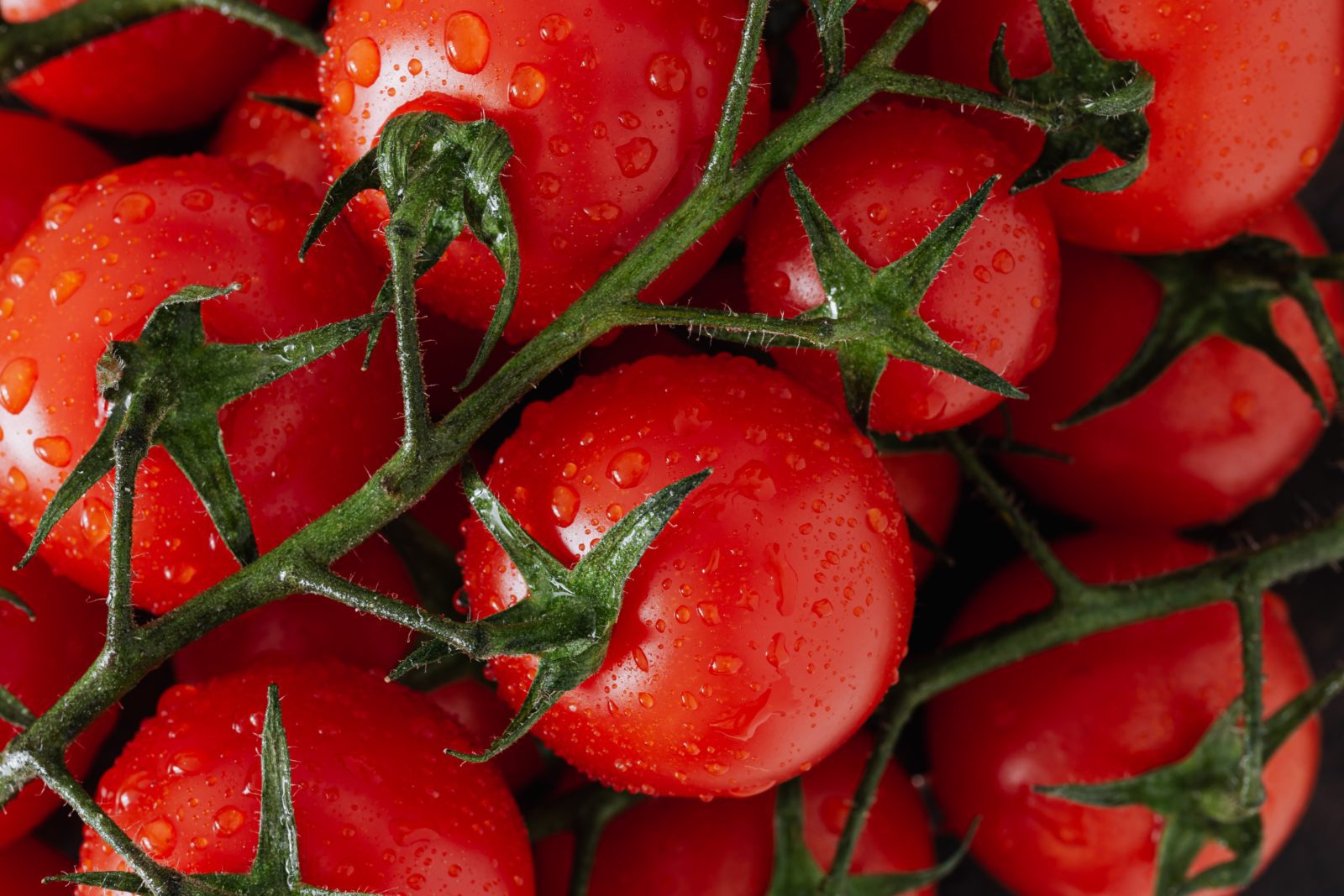In recent months, the prices of agricultural products have been significantly decreasing, but the cost of groceries in stores has not seen a significant reduction. The Agrarian Chamber highlighted this observation. While the prices of agricultural producers dropped by 13.4 percent year-on-year in September and by 16.4 percent in August, the prices of food in stores rose by six percent during the same period.
The statistics clearly demonstrate who is to blame for the high prices of groceries in stores, and it is definitely not the farmers, as claimed by the Agrarian Chamber. The impact on grocery prices is influenced not only by the farmers but also by additional factors such as the costs and markups of food producers, transportation expenses, storage costs, and, most importantly, the costs and markups imposed by retail chains.
“Czech farmers are reducing prices. However, they have very limited influence on the prices of groceries on store shelves. In addition to the farmers’ prices, other factors such as the costs and markups of food producers, transportation costs, storage costs, and, above all, the costs and markups of retail chains play a significant role,” stated Jan Doležal, President of the Agrarian Chamber, in an interview with Právo.
Prouza: Food producers maintain high prices
Tomáš Prouza, President of the Confederation of Trade and Tourism, defends the stores and pricing policies. “The problem lies in the fact that the prices of agricultural commodities are decreasing only in certain areas. Unfortunately, the lower prices of commodities and energy are not reflected in the prices at which Czech food producers supply to stores,” he responded.
According to Prouza, the blame for the consistently high prices of groceries lies with the producers. He argues that it is high time for Czech food producers to stop artificially maintaining high prices and to reflect the lower costs in their supply prices.
“If they don’t do so, stores will have to focus more on importing food from abroad because foreign suppliers are much fairer and quicker in passing on lower input costs than Czech suppliers,” he added.
“The prices of groceries are determined not by farmers or food producers, but solely by traders,” emphasized Hana Kavanová, spokesperson for the Food Chamber.
Hana Kavanová rejected Prouza’s claims. She stated, “For example, milk and dairy product manufacturers have been reducing their prices since March in line with the decline in milk prices at the primary producer level. However, the reduced prices were only reflected in-store prices to a greater extent during the summer holidays,” as reported by Právo.
She also pointed out that in many cases, manufacturers’ average production costs increased by 50 percent, while the supplier price only rose by 25 percent. “This situation shows that the prices of groceries are determined not by farmers or food producers, but solely by traders who maintain a markup of up to one hundred percent for a range of Czech products,” Kavanová stated.
Despite the reduction in the prices of agricultural raw materials, food producers still face challenges due to the rising costs of energy, fuel, packaging, and increasing labor expenses. According to agrarian analyst Petr Havel, the prices of agricultural raw materials contribute only partially to the final price of groceries. “If the prices of raw materials decrease but the prices of energy and labor costs, for example, do not, logically, the prices in stores will decrease less,” he explained.






